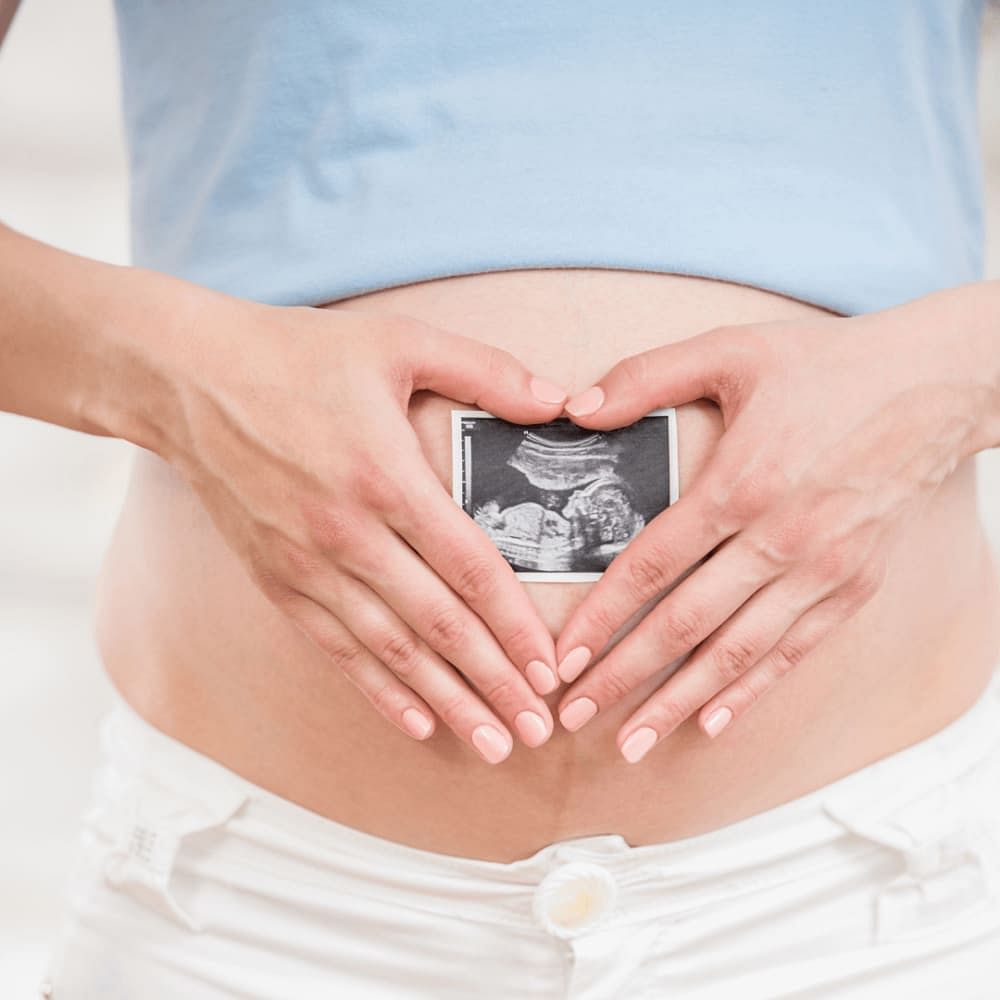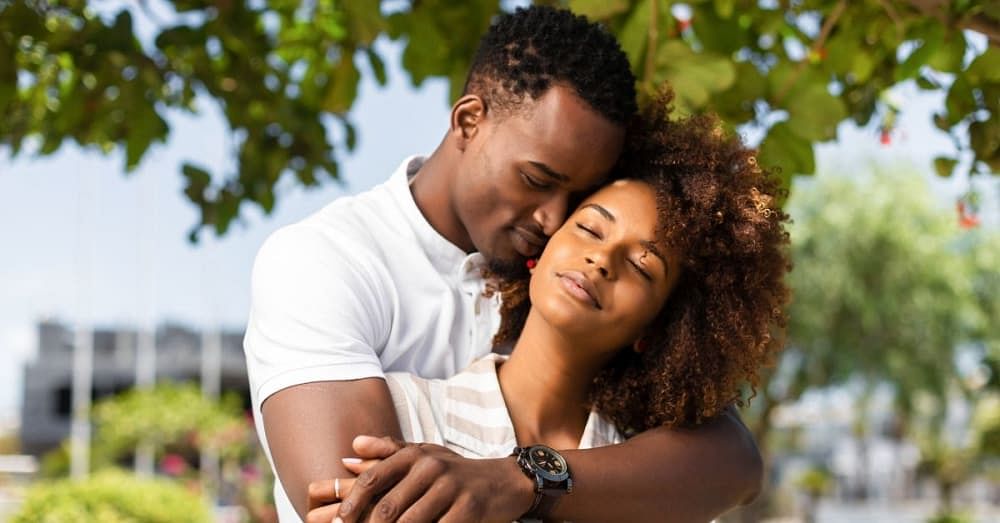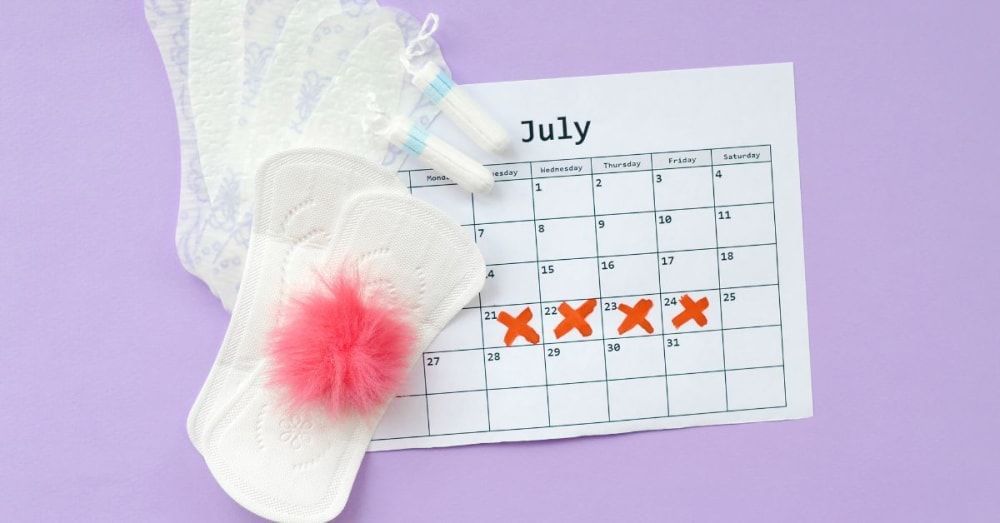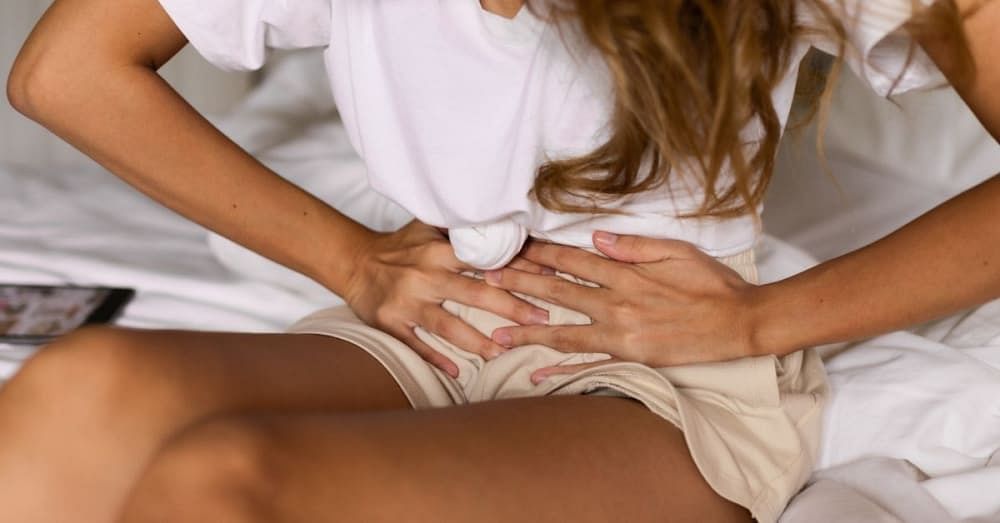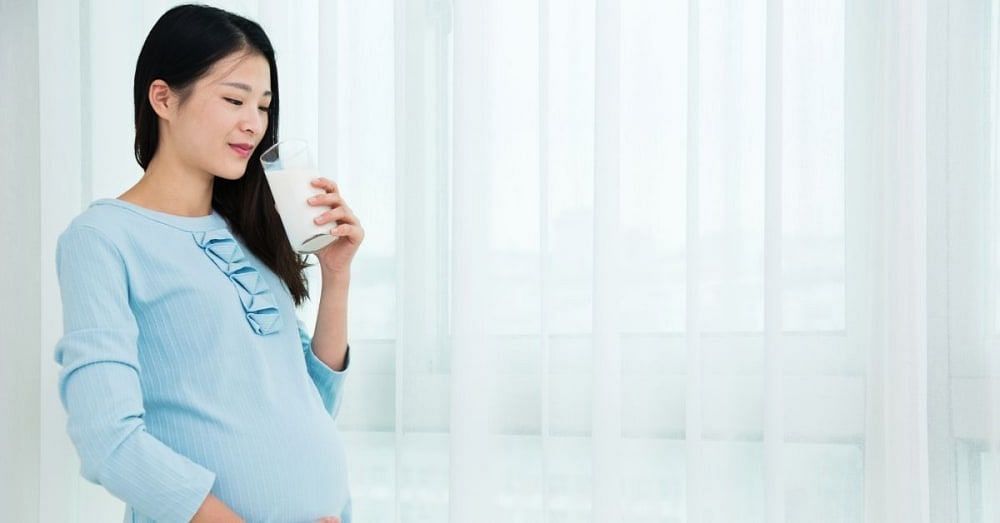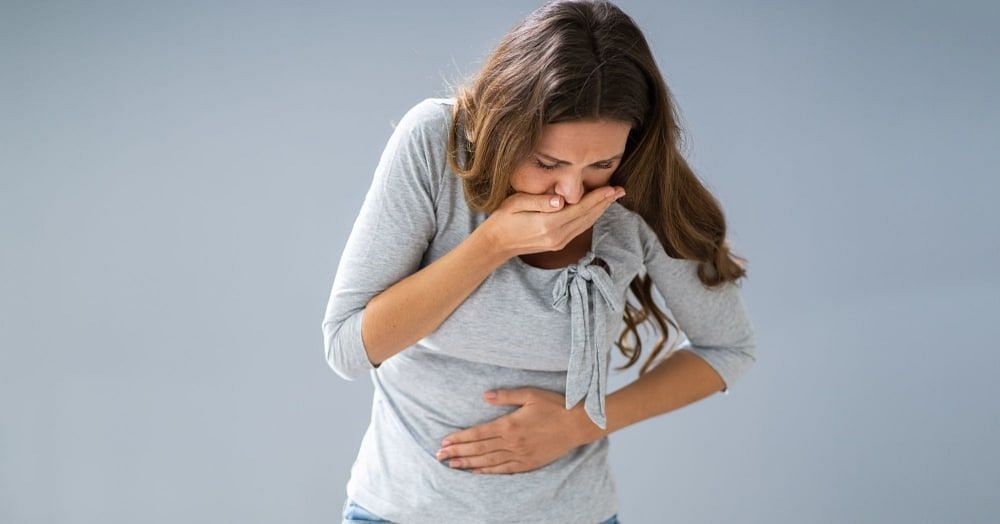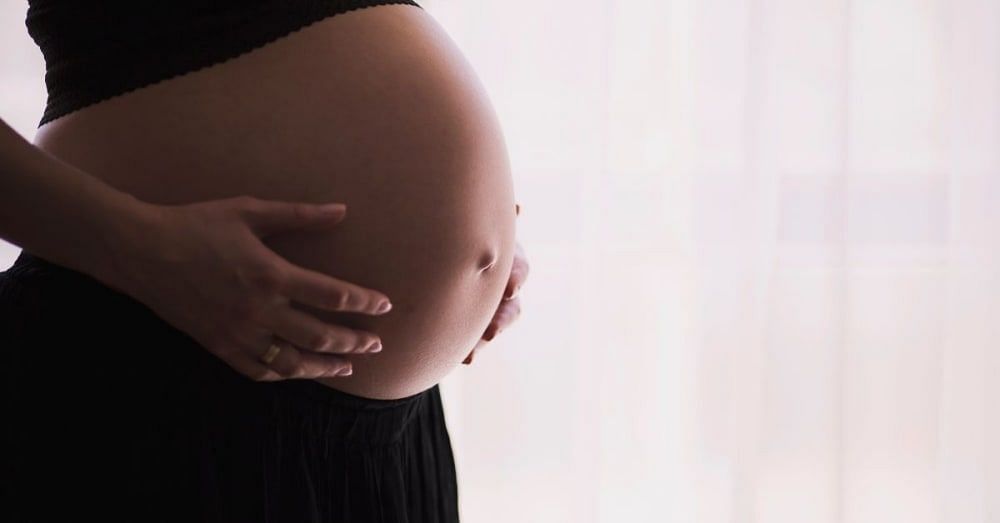Introduction
A complete understanding of a woman's menstrual cycle is essential for fertility, avoiding pregnancies, having unprotected sex and taking birth control.
A menstrual cycle starts with your period and consists of phases marked by physical, hormonal and even emotional changes. Your body undergoes numerous changes to receive a fertilised egg for pregnancy; if that doesn't happen, the body sheds the waste as menstrual blood.
Various stages of a menstrual cycle
Menstrual phase: Days 1-7 of a 30-day cycle, marked by menstrual bleeding. Since this phase occurs several days before ovulation, it may be considered a safe phase to avoid pregnancy.
Follicular phase: This phase includes day 1- day 16. During this phase, the follicles in the ovary mature, and one forms the egg, which will be released for an expected pregnancy.
Ovulation phase: This is the most fertile phase of the menstrual cycle because the chances of getting pregnant are incredibly high. The surge of LH from the pituitary gland causes the ovary to release the mature follicle, which moves through the fallopian tube to meet the sperm.
Proliferating phase: The remaining follicles in the ovary release progesterone, which will help support the pregnancy. If there is no pregnancy, the levels of progesterone fall, causing you to have your menstrual cycle.
What is a Safe Period?
A safe period is that part of your cycle when you have the slightest chance of getting pregnant despite unsafe sex. These are the safe days to avoid pregnancy during your cycle when the ovulation window can be considered safe to have unprotected sex without worrying about getting pregnant. Though this is not entirely accurate as ovulation is not always predictable and can be untimely triggered or delayed by factors like rigorous sex, stress, medical conditions etc.
How do you count the safe days after your period?
Safe period is calculated based on the first ⅚ days of your cycle and the last fertile day of your cycle (In case you have a 30-day cycle, you should subtract 11 from 30, which equals 19. Now count day 19 from the start of your period and you will get the last fertile day of your menstrual cycle).
Example:-
If day 1 is the 4 of July
Then day 19, from 4 July = to 23 July, is supposed to be the last fertile day or the start of the safe period.
Therefore, in this case, 4th of July - 10 July and 23 July to 10 August can be considered safe days to avoid pregnancy.
Periods And Pregnancy
A woman may consider and try to avoid getting pregnant or may choose to get pregnant. In either case, it is necessary to know your menstrual cycle well and the days when you can conceive. This will help you understand how many days after periods you can get pregnant or the safe days to avoid pregnancy.
Periods and pregnancy are closely related. If the female egg is not fertilised with the help of male sperm, a woman becomes pregnant. In case the female egg remains unfertilised, it sheds in the form of menstruation, along with the uterine lining. But how many days after a period is it safe to have sex to avoid pregnancy? Read on to find out!

Is it Safe to Have Sex After Periods?
Whether you are trying to avoid getting pregnant or trying to conceive, you should be tracking your menstrual cycle. This means you should be monitoring the period between the first time you get your period to the next. The average woman begins to ovulate about 14 days after her menstrual cycle has ended. However, the most fertile period of the female is about 3-4 days before and after her ovulation period. Hence, it is not safe to have sex during these 3-4 days if you do not want to get pregnant and advisable to have sex during this period if you wish to do so.
Also read: Foods that abort a month-long pregnancy
How Many Days After Period is Safe to Avoid Pregnancy?
Is your menstrual cycle regular? One can have either a regular or an irregular period cycle. A woman's menstrual cycle can last from 21 days to 35 days, in general. However, an ideal menstrual cycle is 28 days.
Unprotected sex at any time during the menstrual cycle does not nullify the risk of getting pregnant, whether it is during the period, just after the periods, or any time.
Many of us might be wondering, "Is it safe to have sex after periods?"
Ideally, there is no terminology as 'safe time' to have sex without using contraception in the month. There are phases during the entire menstrual cycle when you are most likely to conceive and most unlikely to conceive.
If you are trying to avoid getting pregnant, you have a minimal chance of getting pregnant if you have sex within the initial seven days after periods, when the eggs are not released from the ovaries.
Nevertheless, if you have a shorter cycle, you may ovulate around this time, thus using appropriate contraception is necessary.

| Day Of Cycle | Stage | Fertility |
|---|---|---|
| 1-7 | Menstruation | Least Fertility Stage |
| 8-9 | Post-Menstruation | Possible to Conceive |
| 10-14 | Days Around Ovulation | Most Fertile |
| 15-16 | Post-Ovulation | Possible to Conceive |
| 17-28 | Thickening of Uterine Lining | Less Fertile Unlikely to Conceive |
How Many Days After My Period Can I Get Pregnant?
If you are planning to get pregnant, you should practice sex without contraception. A woman is more likely to conceive during the fertile window stage of the menstrual cycle, known as the ovulation phase.
Ovulation is a phenomenon when ovaries release the mature egg towards the fallopian tube (a part of the female reproductive system).
If you have a regular menstrual cycle, you are more likely to get pregnant during the 10th-14th day, considering the onset of menstruation as day 1. However, the days can vary among each woman.
Sperms can survive in the woman's body for 5-7 days. Thus if you have intercourse without contraception during the fertile window of the menstruation cycle, you are more likely to get pregnant.
Also Read: Sperm & Pregnancy- When Can You Get Pregnant
How Many Days After Your Period Do You Ovulate?
Ovulation varies in each woman depending on the length of their menstrual cycle. It generally occurs from day 11 to day 21, depending on the menstrual cycle. These days are counted considering the onset of vaginal bleeding as day 1.
Women with shorter cycles tend to ovulate around day 11 after the period, while women with longer menstrual cycles tend to ovulate around day 21.

Tools to track ovulation
1) Fertility monitors: These devices measure several factors like hormone levels in saliva, urine, or cervical fluid, the basal body temperature and the data of previous menstrual cycles. With the help of this data, they can track your ovulation. They can be wearable, digital monitors, and smart thermometers.
2) Ovulation strips: They check for the LH surge in the body that occurs with ovulation; it may not be 100% accurate due to numerous reasons like PCOS. Many of the latest types of ovulation monitors and hormone-detecting devices are accurate, up to 98-99%, but cannot be reliable in detecting ovulation.
How Do You Count the Safe Days After Your Period
Though safe days are just a prediction based on human calculations, it helps women understand their menstrual cycle well and know safe days to have unprotected sex without the fear of being conceived.
To calculate safe days, we need to start with calculating the length of a woman’s menstrual cycle. This length is calculated from the beginning of the menstrual period to day 1 of the next menstrual period.
The first week after the period is usually safe in a menstrual cycle as eggs are not producing and ovaries are still forming the eggs. A week before the next period cycle is also considered safe as ovulation is done, and there is less chance of fertilisation.
Can you get pregnant a week after your period?
Yes, you can get pregnant a week after your period. There lies a possibility to conceive a week after your period if you have sex without contraception. It is more likely for women with a shorter menstrual cycle since their fertile window gets activated earlier.
Take home message: Always use effective contraceptive methods while having intercourse unless you are planning pregnancy, as none of the days of the month in menstrual cycles can be claimed as 100% safe days.

How Soon Can I Take A Pregnancy Test?
Timing is very important in pregnancy testing as HCG levels in urine help determine that a woman is pregnant. As HCG levels double every 48 hours, we can conclude that a woman is pregnant even in her early days of pregnancy.
The best time to take a pregnancy test is when your period is late. But, if you wish to know sooner, you can wait for two weeks after you had sex and can take the pregnancy test, but still, a test after the period is late is the most effective one.
Are FAMs effective for birth control?
The Fertility Awareness Method involves understanding the menstrual cycle and the body's functioning to predict ovulation and prevent pregnancy. This method helps prevent pregnancy by avoiding sex during fertile days or indicating when to use birth control.
This method is unreliable and may only work for people who are well connected to their body cues and have a higher self-awareness. You may need to maintain your cycle charts, take your basal body temperature and check for cervical mucus changes to use FAM as birth control.
The success of FAM depends on accurately identifying your ovulation window, which can range from day 12-16 of a very regular cycle. The egg can only survive 12 to 24 hours, but the sperm stays alive for up to 5 days. Therefore the highest risk of pregnancy is:
- Five days before ovulation
- Day of ovulation
- Two days after ovulation.
According to FAM, If you successfully try to avoid this fertile window, you can indulge in unprotected sex without worrying about getting pregnant. However, this may not be the same in women with irregular ovulation or PCOS.
How To Prevent Pregnancy
1. Condoms
These are the only type of contraception that protects individuals from sexually transmitted diseases. Condoms are also 80% effective against pregnancy when used correctly.
2. Female Condoms
Female condoms are above 79% effective against pregnancy, and they can be used instead of male condoms while having sex, but both condoms should never be used simultaneously.

3. Diaphragm
The estimated effect of a diaphragm in avoiding pregnancy is 90%. It is a barrier method of contraception that must be placed in a female vagina hours before sex, must be kept intact six hours after, and can be removed 24 hours after the sex.
4. Contraceptive Pills
Contraceptive pills are one of the most widely used methods to avoid pregnancy and are 95 per cent effective. They must be taken every day at the same time, usually.
5. Cervical Cap
This soft silicone cup is placed deep inside a vagina and covers the cervix by stopping the sperm from reaching the egg. It is considered to be 70-85 per cent effective.
Also read: Indian foods to avoid pregnancy
In a Nutshell… How Many Days After Period is Safe to Avoid Pregnancy?
If you wish to avoid pregnancy, make sure you do not indulge in sexual intercourse without a condom at any time of the month. Moreover, avoid having sex with your partner in your most fertile days, about 3-4 days before and after ovulation.

FAQs
Can You Get Pregnant at the Beginning of Your Period?
This is a common misconception that women can’t get pregnant during their periods, but that is not always true. The chances are slim, but a woman can get pregnant, especially on the first day of her period, if she has a 20-day menstrual cycle.
This is because a sperm lives in the woman’s body for six days, and eggs are released from the ovaries 14-16 days before her first day of the period. In this way, a sperm lives in the vagina on a woman’s first day of the period. This can cause pregnancy at the beginning of the period, so it is always advised to use protection.
I Had Sex 3 Days After My Period. Can I Get Pregnant?
Yes, a woman can get pregnant if she has unprotected sex 3 days after her period. However, it is very rare for a woman to get pregnant right after the period. It is possible as sperm can live in a woman's reproductive tract for 7 days. The ovulation period can start for women with shorter menstrual cycles.
Can You Get Pregnant 24 Hours After Your Period?
Once your menstrual cycle ends, you are gradually moving towards your fertility window or ovulation period. Moreover, sperm can live inside a female body for about 3-5 days. Hence, yes, there are chances of pregnancy if you have sex 24 hours after your period.
When Can A Woman Not Get Pregnant?
A woman cannot get pregnant if she is infertile. Female infertility can be caused due to several reasons:
- Scarred or damaged fallopian tubes that prevent male sperm from fertilising the female egg can cause female infertility.
- Irregular or abnormal uterine shapes make it challenging for a fertilised egg to attach itself to the uterine wall, and this causes female infertility.
- Conditions such as PCOS cause women to ovulate inconsistently. When left untreated, this could lead to female infertility or inability to conceive for a while.
What Happens After Your Period Ends?
The complete shedding of the unfertilised female egg and your uterine lining symbolises the end of your period. After your menstrual cycle ends, the female genitals begin to prepare for another menstrual cycle. Your body begins to shift towards your most fertile period, where the chances of pregnancy are high.
References
Rachel Gurevich (2020) How Long Does Ovulation Last? (Very Well Family) https://www.verywellfamily.com/how-long-does-ovulation-last-1960235

